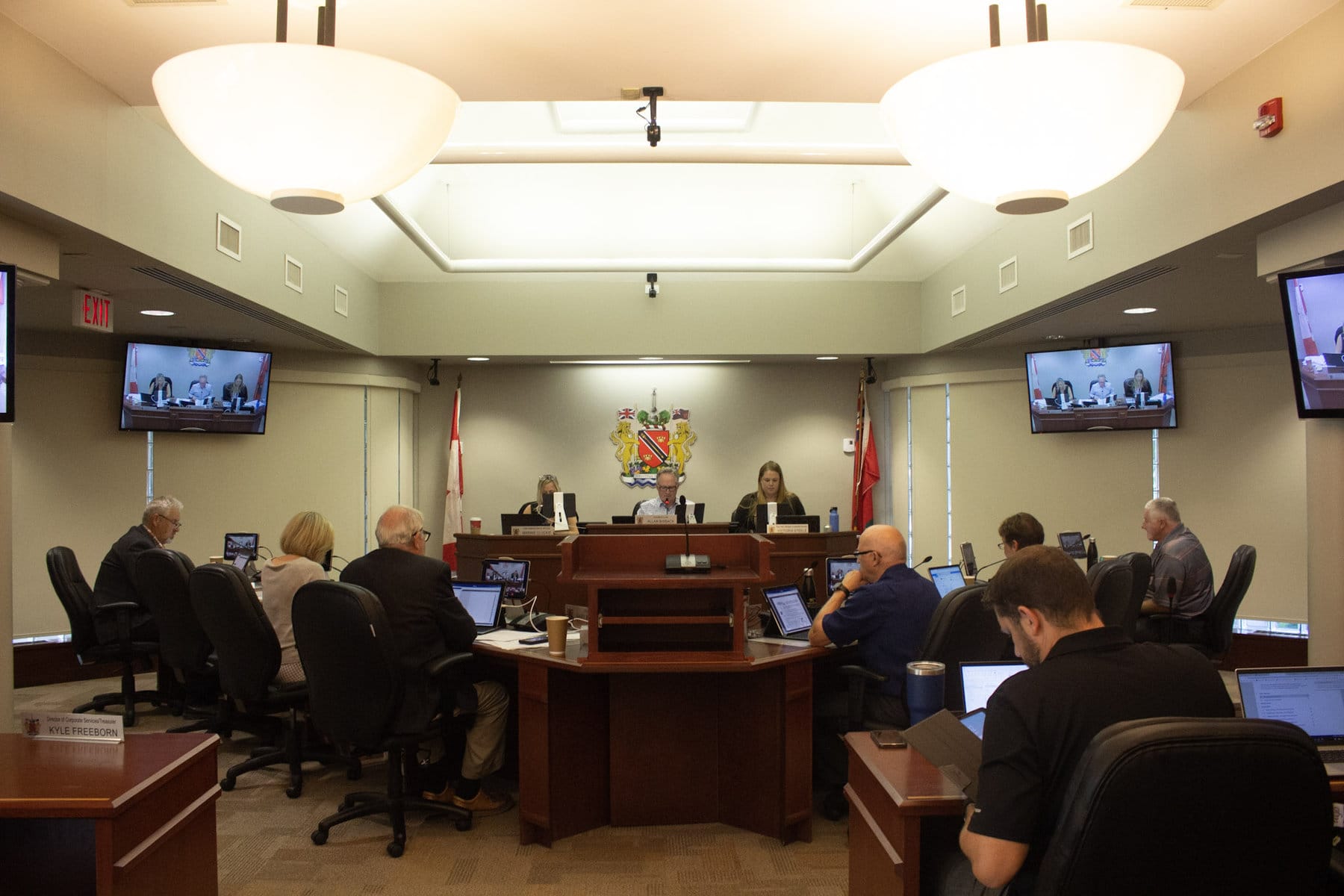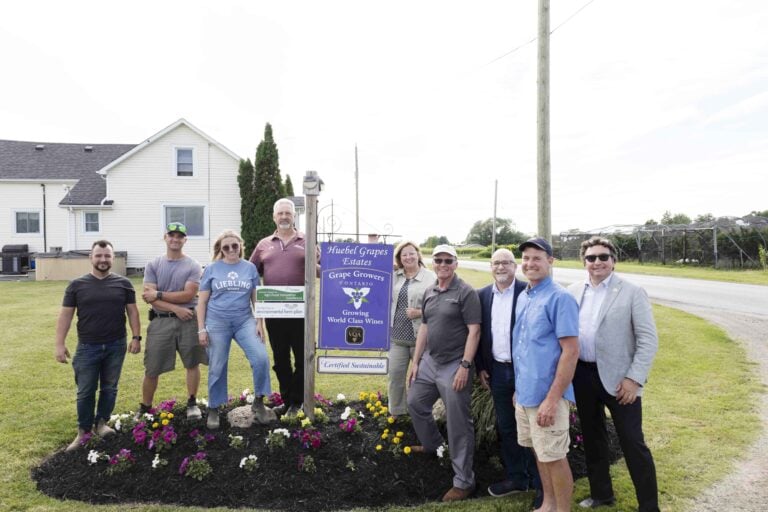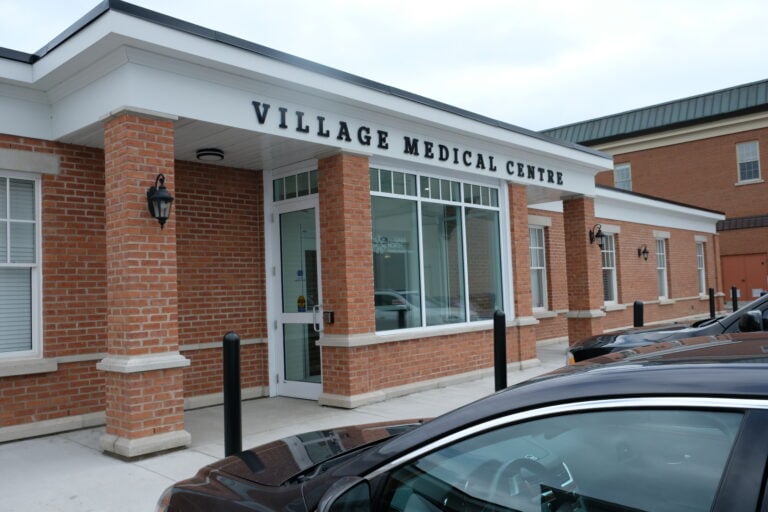The cost of leaky water pipes adds up over time and the Town of Niagara-on-the-Lake was again reminded of that when council was presented with its 2021 financial audit.
In an otherwise clean audit, the report by consulting firm KPMG revealed that 21 per cent of the town’s water was lost or unbilled in 2021.
The audit did not attach a dollar figure to the loss.
The issue has been a thorn in the council’s side for several years now, though Coun. Allan Bisback pointed out that water loss itself is an issue that plagues many municipalities.
“The intention is to try and squeeze that down to something that’s within an acceptable range. In my view would be somewhere in the range of 16 per cent,” Bisback said in an interview.
“I like things done quickly, but I would like to see some resolution within the next 12 to 18 months,” he added.
The financial audit report presented to council on Aug. 18 shows that the loss has decreased since 2019.
According to the Deloitte 2020 water audit, the town’s water loss reached a high of 25 per cent in 2019 with costs totalling $719,000.
Town staff will apprise council of the total costs associated with water loss for 2022 after conducting the next water audit in the new year.
However, based on the cost of water lost in 2019, The Lake Report estimates the latest loss could be about $603,000.
Water losses are subdivided into actual and apparent loss.
Actual losses are caused by problems like leaky pipes and the culprits in apparent losses are aging water meters, theft and inaccurate billing.
The Deloitte water report estimated the town could save $772,000 over 10 years by replacing all water meters 20 years and older.
It also estimated the town could save $1.3 million over a decade by investing in non-surfacing leakage detection.
So how has the situation changed since then?
The KPMG report recommends the town continue to stay abreast of the issue by conducting a leakage survey every five years.
That would help to identify non-surfacing pipe leaks.
In addition to this, Disero said the town intends to conduct a smaller audit every year, but last year’s was missed due to COVID-19.
“The town intends to do another 2022 water audit in quarter one of 2023,” said Kevin Turcotte, the acting director of operations.
“Staff is taking this situation very seriously,” he added.
Prior to the Deloitte audit, the town had gone 20 years without doing one.
Disero said there are a variety of issues slowing progress, including archeological work, which is necessary to identify underground leaks, and supply chain issues, which affect the town’s access to replacement water meters.
“When they’re doing pipes they have to deal with possible archeological locates (ground markings and records that identify the site of underground utilities),” Disero said.
And a microchip shortage from China affected the town’s ability to replace aging water meters, Disero added.
Town treasurer Kyle Freeborn said the town has spent $17,500 on water locks and $160,000 on leak detection.
Town staff will apprise council of the total costs associated with water loss after conducting the next water audit in the new year.










